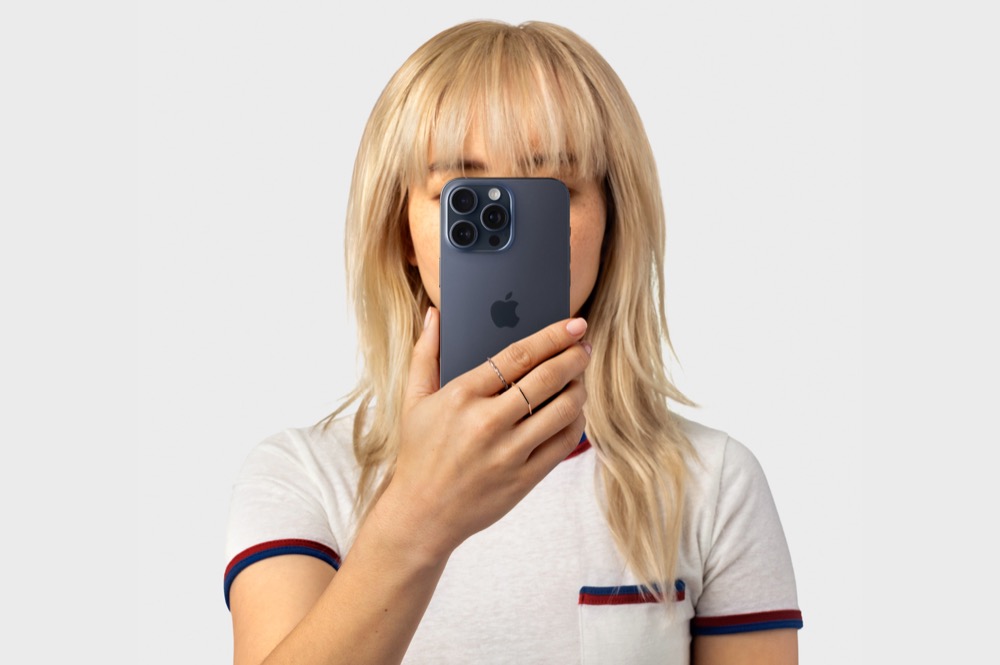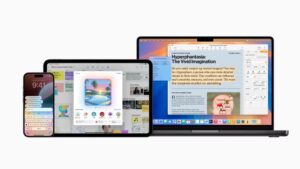App Stores are changing, agents are the future

Back when the App Store first arrived, one of the most popular apps showed a glass of beer which slowly emptied when you tilted your iPhone. Called iBeer, it’s the kind of trick you could use Apple’s new AI tools to create on your own device soon.
Pour me a pint of tomorrow
Bus, train, plane, and ferry timetabling apps are also pretty popular, as are city what’s on guides. All of these can be replaced by new breeds of intelligent agent, particularly as most transit authorities now publish their data in some open format.
That’s the data used to populate the info in those apps, but with genAI agents on an iPhone – Siri – you won’t need the apps either, just the information.
After all,, if “When are the next three trains?” is the question, and if the answers are accurate and come when you need them, no one will need to turn to the app.
Same when you are planning a trip, when you will ask some future version of Siri what time those trains are on that day, and once you decide which trains to catch ask it to let you know if there is a scheduling change. AI will do this for you, too.
There will be many other illustrations of apps which wrap themselves around existing information, but in an AI agent age the wrapper becomes superfluous.
App Stores are changing, agents are the future
This is what will happen at the App Store, any App Store.
There will still be apps, but while various forms of public information will be easily available in any AI on any device, the apps that people want to use will be the ones offering up unique features, interesting tools, or deeply engaging experiences.
And yes, some of them may use that public data, too, but they will build an experience around that – many developers will recognize that relevance is opportunity and will use App Intents to make features their app provides available across the device.
They will do that because attention is the opportunity space and if your app provides services that are valuable enough then you have the eye/ear of an audience who may use other tools and services you provide – and may pay for the tool they need.
Some will succeed in this, but over time we’ll also see many services available nowhere else become part of most operating systems – just as AI will Sherlock Grammarly.
The disruptee just got disrupted
However, as the app economy fragments in this way the apps we use that aren’t entertainment or otherwise irreplaceable immersive experiences will become services, or, more specifically, app-based agents, made available across the wider system.
There will still be “An App for that”, but in terms of user experience we may not even know which app it is that’s driving “that”. The beauty will be in relevance, context, reliability – and access to personal data. (Which is a little worrying when OpenAi just put an ex-NSA leader on its board).
Apple, of course, offers an industry unique privacy promise, which means it can offer a unique combination of total data personalization across a broad width of devices. Which means those apps that deliver unique features and services will eventually acquire massive reach across millions of devices, all characterized by high degrees of user trust.
What does this mean?
IDC analyst Francisco Jeronimo explains:
“With AI, the fewer apps needed and the more a phone can use data contextually to assist the user, the better the phone will be. This will revolutionize the user experience, requiring an operating system able to learn from all devices and services in Apple’s ecosystem. Apple’s full control of its ecosystem, hardware and software, and seamless integration gives it a significant advantage over competitors. This is particularly important when the experience will be defined by how well the phone “knows” the user, which can only be achieved by this seamless integration, while making sure the personal information and data remains private.”
Siri shifts.
And with Siri the captain of the Apple Intelligence ship, all those services and tasks become equally easy to use on all your devices, including visionOS. And that means less app interaction, and more use of apps as agents, which combined with Apple’s deep personalization and mass trust, well, it means the App Store, at one time the most disruptive thing ever, is about to be disrupted. That’s just the way it goes, as we all get sucked down the nihilistic trickle down funnel.
Please follow me on Mastodon, or join me in the AppleHolic’s bar & grill and Apple Discussions groups on MeWe.



